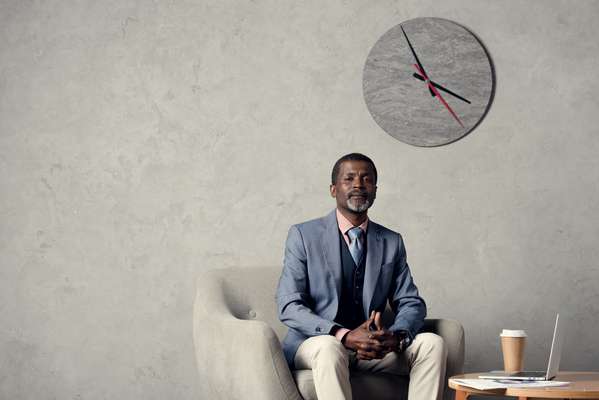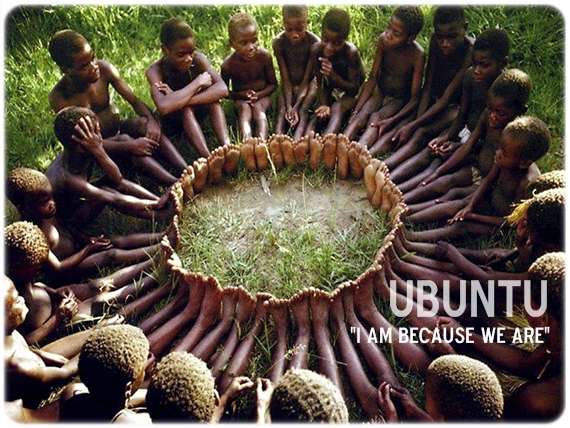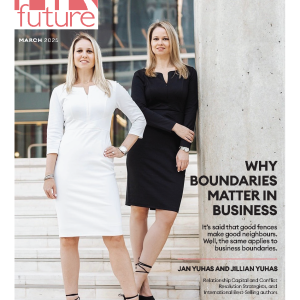Covid-19 has made huge demands on leadership. Even skilled and experienced leaders who take crises in their stride have felt the pressure of responding to a world that is off balance and unpredictable.
Those who have rallied have had to communicate effectively, collaborate closely, think innovatively and act decisively. And they have had to do this all day, every day.
But as we begin to see the light at the end of our lockdown tunnel, the question surfaces: In the world of business, have the people at the top been the only ones to lead? I think not. In many ways, Covid has made leaders of us all.
The need for flexibility
Flexibility has defined effective responses to Covid. Individuals and businesses that have proven to be agile and adaptable – that have adjusted their products and services to suit our changing circumstances – have been much more likely to succeed than those who have simply relied on what worked in the pre-Covid world.
Much of this flexibility has had to come from business leaders themselves: those who are in a position to make dramatic changes, those with whom the buck stops. But Covid has also forced those on the lower rungs to be flexible. Employees have had to adjust to new arrangements – to working from home and to balancing their professional lives and domestic lives in a more immediate way – and to new ways of thinking.
This journey hasn’t always been easy, but seven months later, many are starting to get the hang of it. They’ve become flexible, that critical leadership trait, and they’re incorporating many other critical leadership characteristics into their daily lives besides.
Leaders upon leaders
Our new working arrangements simply don’t work without constant communication and collaboration. With social distancing rules still in place, many employees have been forced to communicate better and collaborate more effectively with their colleagues than ever before. At times, they’ve had to listen to and support their peers; at others, they’ve had to ask for help in turn. The result has been an increase in openness and transparency, and a greater reliance on trust.
Businesses that are successfully negotiating these new working dynamics are those that are making the most of their employees’ newfound skills. They’re decentralising leadership so that it is shared among many. As a result, more employees have the capacity to offer valuable leadership skills at different times and in different situations, and it is this phenomenon that can help to ensure businesses’ long-term sustainability.
The age of reskilling
This is not to suggest, however, that all employees have the skills they require close at hand. Global management consulting firm McKinsey & Company has emphasised that employees need to be equipped with the right digital, cognitive, social and emotional, and adaptability and resilience skills if they are to successfully navigate Covid, and the working world beyond Covid.
While some of this reskilling is happening purely as a result of circumstance, there are still skills that need to be taught. For example, our online courses offer learners content on relationship management, diversity and conflict management, financial management and change management – skills that require deliberate training. Individuals who are already showing leadership traits, and who then go on to supplement these with Effective Leader’s programmes, would be even greater assets for their companies.
Leadership has changed just as our world has changed. Leaders are now emerging naturally at all levels in an organisation – and this is a culture to be encouraged. Of course, there will always be final decision makers, but for flexible, communicative and collaborative employers to be supported by flexible, communicative and collaborative employees is a recipe for success no matter the crisis.
Jackie Carroll is the MD and co-founder of Media Works, a provider of adult education and training. Media Works forms part of the Optimi Group.

























